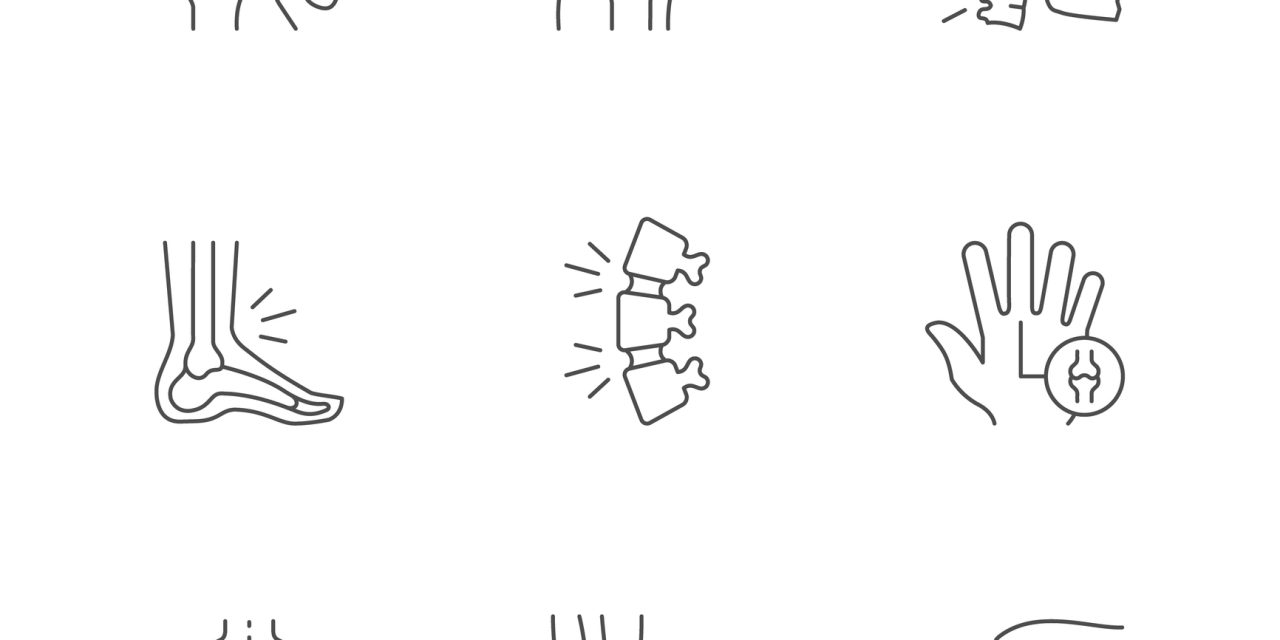Physicians have a big influence on how new mothers breastfeed their babies. Physicians’ nursing knowledge, on the other hand, is lacking. This knowledge gap could be caused by a lack of breastfeeding education during residency. For a study, researchers wanted to look into the breastfeeding knowledge, comfort level, clinical practices, and perceptions of pediatric residents. They also looked into the story and type of breastfeeding education locals receive and their opinions on improving it. All residents enrolled in a Canadian general pediatric residency program, and their program directors received descriptive, cross-sectional, self-reported online surveys. Breastfeeding knowledge, comfort level, clinical practices, perceptions, educational experiences, and educational choices were all addressed through resident questionnaires. Current breastfeeding teaching in Canadian centers was acquired using program director questionnaires. Breastfeeding knowledge was measured as a percentage of correct replies in the resident survey. Multiple linear regression was used to identify demographic characteristics independently associated with the overall knowledge score. For the program director survey, descriptive statistics were used by Researchers.
Researchers completed the surveys whereby 201 pediatric residents and 14 program directors. The average resident’s overall breastfeeding knowledge score was 71%. (95% CI: 69-79%). Only 4% of residents (95% confidence interval: 2–8%) felt very comfortable evaluating latch, teaching parents breastfeeding positions, and answering inquiries about nursing difficulties. Over a fifth of the participants had never seen a patient breastfeed. Almost everyone agreed or strongly agreed that promoting breastfeeding is an important element of their job. Only about half of the women said they received breastfeeding education during their residency, and virtually all of them said they wanted more interactive breastfeeding teaching. According to pediatric program directors, most of the feeding education provided to residents is didactic. The amount of breastfeeding education provided was deemed insufficient by less than a quarter of program directors. Pediatric residents in Canada understand how crucial it is to encourage breastfeeding. Most residents lack the information and training necessary to tackle breastfeeding challenges, but they are eager to learn more. Pediatric program administrators recognize the lack of breastfeeding education.
Reference:bmcpediatr.biomedcentral.com/articles/10.1186/s12887-018-1150-7


